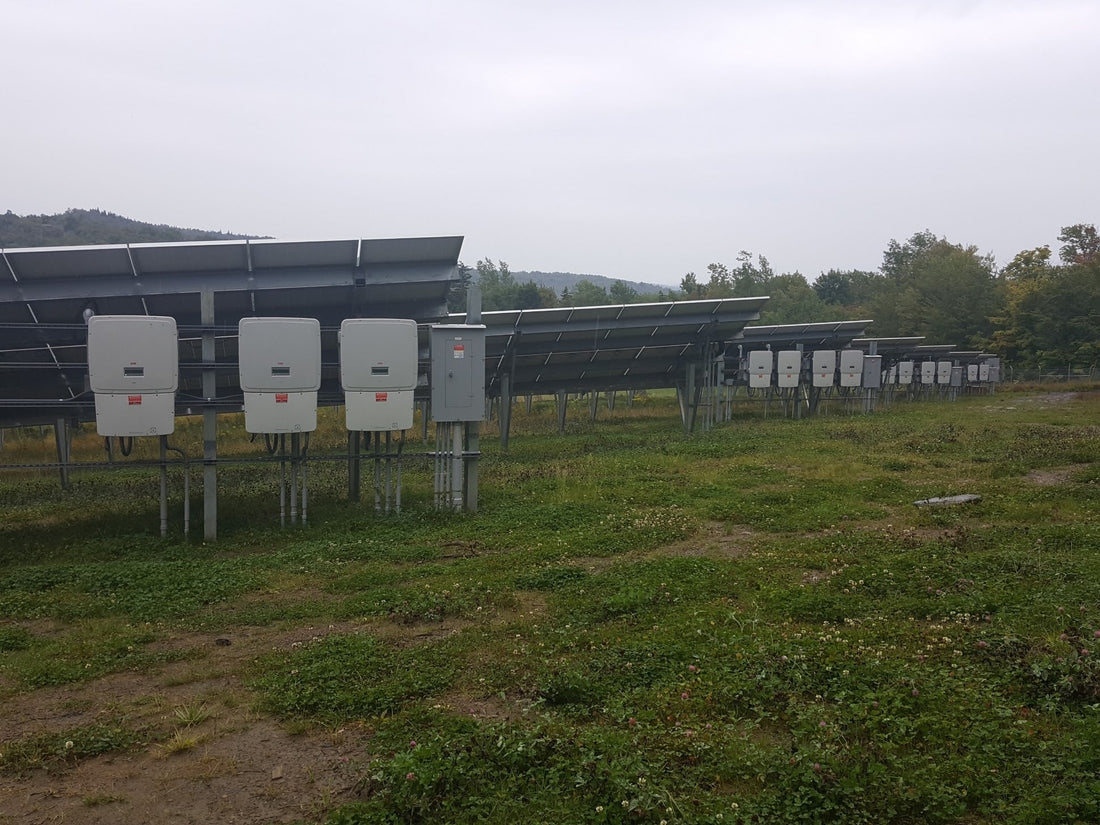A Farewell to the ABB Trio 27kW: Sourcing Replacements in a Post-SunPower World

The ABB Trio commercial solar inverter, once a workhorse for mid-size commercial solar installations, reached the end of its life a few years ago. While its high efficiency, dual MPPT inputs, and robust design made it a popular choice, the challenge now lies in finding replacement parts and units for the thousands of systems still in operation. This is especially true for installers and service providers who are now grappling with the aftermath of SunPower's recent bankruptcy.
The Role of SunPower and the Trio Inverter
SunPower, a solar industry pioneer, was a prolific user of the ABB Trio inverter. While SunPower was widely known for its high-efficiency solar panels, they often partnered with other manufacturers for balance-of-system components like inverters. The Trio 27kW, with its strong performance and reliability, was a frequent choice for SunPower's larger commercial projects. This means a significant portion of the installed ABB Trio fleet is tied to SunPower systems.
The Impact of SunPower's Bankruptcy
The recent bankruptcy filing by SunPower has created a unique and significant challenge for servicing these legacy systems, as warranty service support has been deferred to the original equipment manufacturer (OEMs). For inverters, this means system owners must now deal directly with the manufacturer, which in the case of the Trio is is FIMER, the company that acquired ABB's solar inverter business in 2020. However, the bankruptcy has also led to a larger issue: the fragmentation of the installed base and the responsibility for servicing. With SunPower no longer actively providing service for these older systems, the burden has fallen on local installers and service providers to find and install replacement parts.
Sourcing Replacements
Finding new ABB Trio 27kW inverters is a growing challenge. With the product being officially discontinued, the supply of new units is drying up. This makes the secondary market, which includes distributors specializing in legacy solar parts, a crucial resource. Service providers should also consider these strategies:
- Look for Refurbished Units: A growing number of companies are specializing in refurbishing and re-certifying older solar inverters. These units can be a cost-effective solution and are often backed by a new warranty.
- Search for Compatible Inverters: While a direct replacement is ideal, it may not always be an option. Researching and identifying compatible inverters from other manufacturers that match the Trio's electrical specifications is a viable alternative. This may require additional work to ensure proper integration with the existing solar array.
- Harvesting Parts: For some repairs, sourcing specific parts from a donor inverter may be the only option.
While the loss of the ABB Trio is a significant event, it highlights the importance of having a robust and knowledgeable network of service providers and parts suppliers. As the solar industry matures, managing the lifecycle of legacy equipment will become an increasingly important part of the business.
